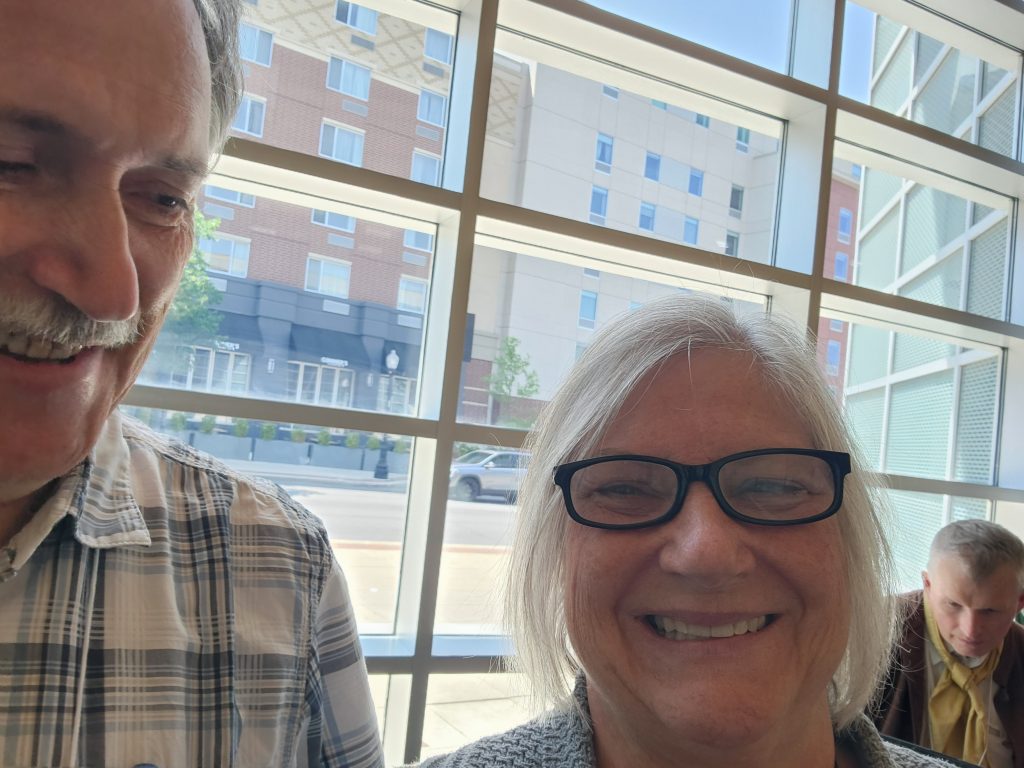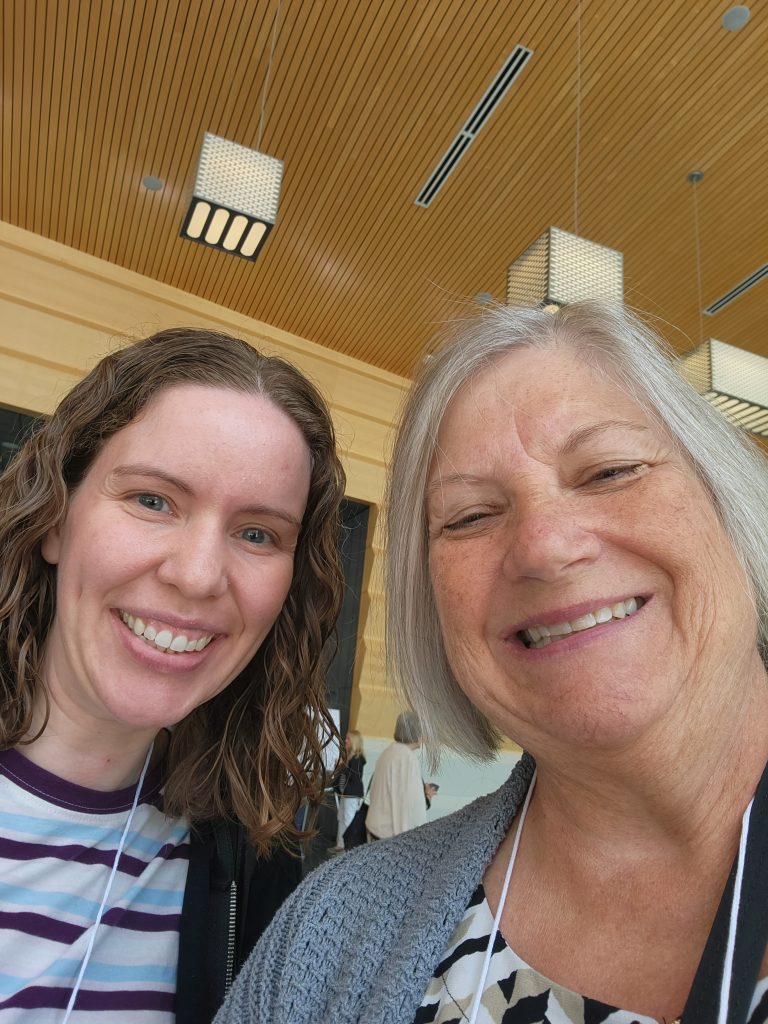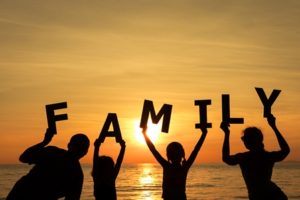
The Summer of My Discontent, Lesson 1: Trust, But Verify
Every genealogist has a learning curve. Mine just happened to feel like a full-blown heatwave. And since we’re in the middle of one right now, I thought it was the perfect time to reflect on my early genealogy practices—many of which were, well, a little light on rigor.
In those early days, I stumbled (frequently), chased the wrong ancestors, trusted shaky online trees, and fell for records that weren’t what they seemed. I call this season of trial and error The Summer of My Discontent—a nod to my distant cousin Shakespeare and my own scorching missteps.
This series is an honest look back at the mistakes that taught me the most. I’ll share the traps I fell into, how I dug myself out, and, most importantly, how you can avoid getting burned on your own journey. Whether you’re just starting or already a little singed, I hope you’ll find humor, relief, and a few practical takeaways here.
Let’s turn discontent into discovery.
Lesson One: Don’t Trust, Verify
One of my earliest mistakes? Trusting other people’s research without verifying it.
That’s a bold statement, I know. Does that mean we should never trust anyone’s work? Absolutely not. But we should check it out—verify the source, analyze the findings, and make sure the evidence stands up. Only then can we safely incorporate it.
Back then, I assumed everyone else knew more than I did—so they had to be right. Spoiler: they weren’t. That realization hit me around 2:00 a.m. one Saturday morning in 1996 after I’d wasted eight hours chasing someone else’s fantasy line. Lesson learned.
I had just taken my first genealogy class in 1995, held at the local LDS church and led by a familiar face—our neighborhood pizza shop owner from Third Base Pizza (because after third base, you’re home). No, I’m not making that up.
Online research was in its infancy (remember those AOL CD giveaways at Kmart?), and the course focused on using the internet to record research. FamilySearch.org was ahead of the curve. Their online presence was growing, and the church encouraged us to use their software—Personal Ancestral File, or .paf. One enthusiastic presenter claimed he’d found 10,000 relatives using it. I had maybe 50 entered into a TI-84 computer program stored on cassette. I was in awe.
One winter Friday, with the kids in bed, I decided to do some “research.” By that, I meant: browse other people’s trees and copy their information into mine. I called it my Insta-Tree—click, match, done.
Unfortunately, no one had emphasized the importance of verifying these matches. So around 10:00 p.m., using dial-up (because no one would call that late anyway), I stumbled upon a promising lead on my husband’s Samuelson line. The tree stretched back way in time. I was thrilled. He kissed me goodnight, and I promised I’d head to bed once I reached the end of the line.
At 2:00 a.m., I reached it.
His distant ancestor, according to the tree, was none other than Thor—yes, the Norse god of thunder, complete with hammer and wife Sif. I stared in disbelief. Maybe it was just a man named Thor? Nope. The tree listed Asgard as his residence. I nearly cried.
Why would someone post that? Maybe they truly believed it. Maybe they were trolling gullible researchers like me. Either way, I realized it would take longer to undo the damage than it did to blindly click “add.”
I’m not proud of this—but I left it in my tree until January 2025. For nearly 30 years. Why? It was on my to-do list but never a priority. Plus, it served as a reminder not to trust unverified work. I finally removed it when I wrote my Swedish ancestor book and committed to scrubbing my online tree of anything unproven. I’ve since done the same for my Croatia, France, Germany, and Switzerland branches, and I’ll continue when I begin my Great Britain book this fall.
That night, exhausted, I crawled into bed. My husband stirred and asked if I’d found anything interesting. “Yeah,” I said, “you descend from the god Thor.” He grunted, rolled over, and said, “Nice.”
“No,” I thought. “Not nice at all.”
The next morning, he remembered I’d said something “interesting,” but not what it was. When I reminded him, he laughed—and still insists to this day that he’s a direct descendant of Thor. Second lesson learned: do not share your research with family until you know it’s correct. Because they will only remember the stuff you wish they’d forget.
Next week, I’ll share Lesson Two from my genealogy learning curve. Spoiler: it involves trusting a family member’s stories. Stay tuned.




